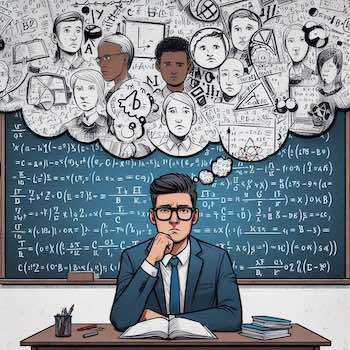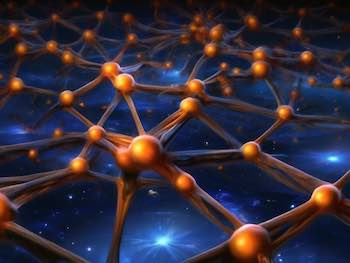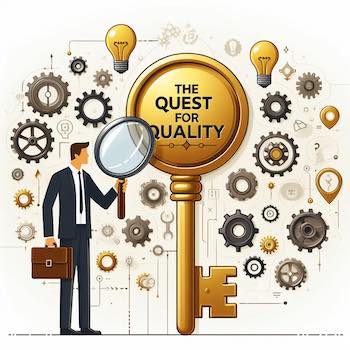Can the scientist do without a philosophy?
Abstract: The scientist, equipped only with an ontological method, is not prepared for the teleological battlefield. To face it he must choose a philosophical method. Example with the paradox of gender equality. The Monastery of Science Science is a methodology. Not a policy, not a philosophy, not even a power in itself. Its power only … Read more










